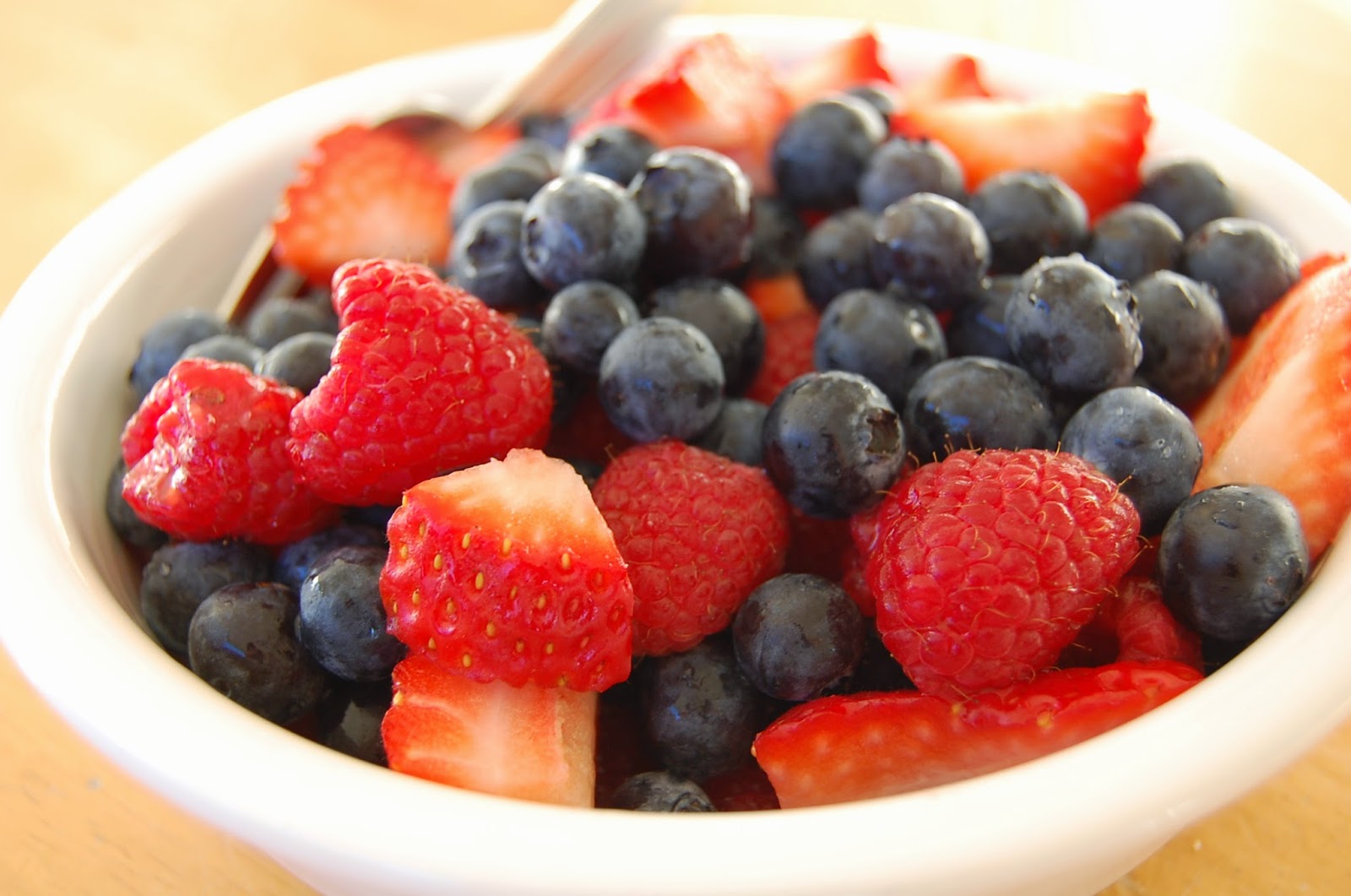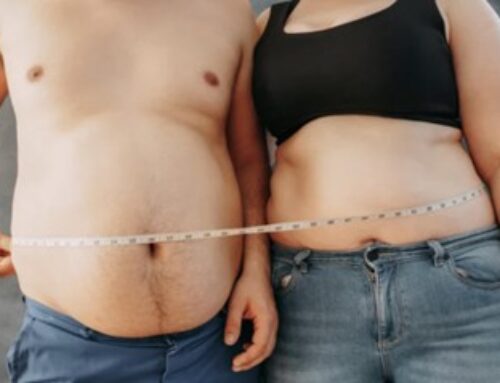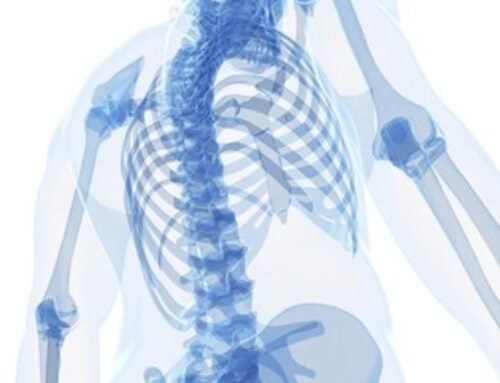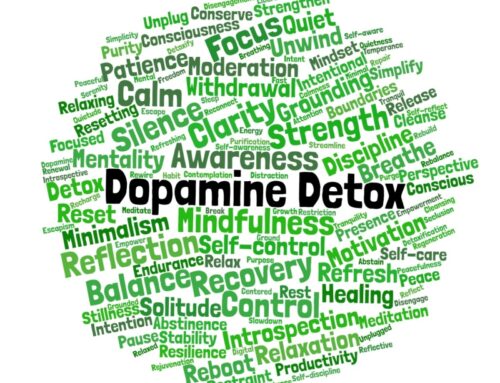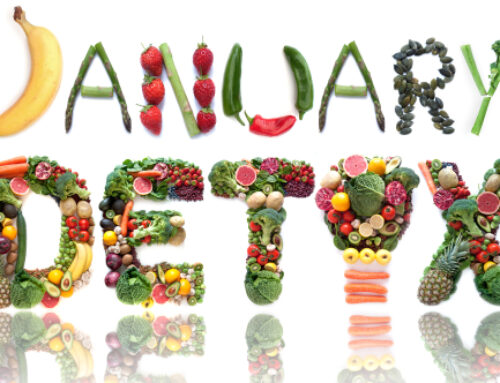Do carbs make you fat?
Yes! This is a universal truth in the world of nutrition. Almost every new catchy weight-loss program will require you to reduce your carbohydrate intake as a means of burning fat. However because carbs are one of the three macronutrients (fat, protein, and carbs), they are necessary to sustain life. This does not give a license to consume them freely.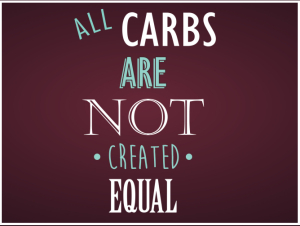
Option 1: Optimize your carb intake and maximize your fat burning to produce an energetic lean body.
Option 2: Overload your carb intake and stimulate your appetite, creating hormone and insulin instability, slowing metabolism and gaining fat.
Do you know what a carbohydrate is?
Carbohydrates are found naturally in all plants (fruits, vegetables, beans, and grains) and milk. Fast metabolizing carbs (sugar, bread, and grains) should be avoided. Moderate metabolizing carbs (potatoes, most fruit, and sweet vegetables) can be consumed when paired with proteins or fats, but only at certain times. Slow metabolizing carbs (green vegetables) can be eaten at any time and should be considered completely safe. The faster your body metabolizes the carbohydrate, the more dangerous and fat stimulating the carb is. Your body will turn these sugars into fat and cause hormonal damage.
Refined vs. Whole Carbohydrates
There is an important distinction between refined and whole carbohydrates. We refer to it as a “Who made it?” question. A whole carbohydrate would be a carbohydrate made by God (rice, carrots, apples). This form of carbohydrate is generally considered to be safe. Refined carbohydrates are foods made by man (bread, cereal, juice). This form of carbohydrates is void of its natural fiber and nutrients, which radically changes how your body absorbs it, making your body more likely to store it as fat while creating high levels of inflammation.
Refined grains could be the worst of the “Made by Man” category. They gain this status because they have the ability to alter your brain’s internal chemistry. These altered grains (processed wheat, corn, and soybeans) change the brain’s neurotransmitter levels, leading to depression, overeating, ADHD, and insomnia. Some individuals can build up intolerance to refined grains, which can cause an immune response (i.e. Celiac’s disease, gluten intolerance). Refined grains are responsible for many of our current culture’s disease patterns such as diabetes, obesity, chronic inflammatory conditions, and many forms of cancer.
If you need a “DO NOT EAT” list for refined grains, here is a good start: bread, cookies, crackers, candy, chips, anything that comes in a colorful box/wrapper, and any food your child asks for more than three times in one minute.
Replace the refined grains with carbohydrates that have naturally occurring fiber in them (green vegetables, dark-colored fruits 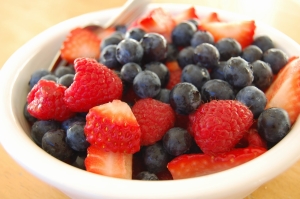 and berries, sweet potatoes, and squash). These slower metabolizing carbs keep you from feeling hungry and help you lose body fat. The fiber contained in these foods also does one very important task: it feeds your gut flora. You cannot digest fiber, but the gut bacteria contained inside a healthy gut can. The fiber from these vegetables feeds the bacteria in your gut, which in turn releases healthy neurotransmitters, making you feel happy, full, and relaxed.
and berries, sweet potatoes, and squash). These slower metabolizing carbs keep you from feeling hungry and help you lose body fat. The fiber contained in these foods also does one very important task: it feeds your gut flora. You cannot digest fiber, but the gut bacteria contained inside a healthy gut can. The fiber from these vegetables feeds the bacteria in your gut, which in turn releases healthy neurotransmitters, making you feel happy, full, and relaxed.
Easy Substitutions: Fibrous Carbs Instead of Refined Grains
- Green leafy lettuces instead of bread for sandwiches
- Spaghetti squash instead of pasta noodles
- Mashed cauliflower instead of mashed potatoes or rice
- Berries instead of cookies
Carbohydrate Timing is Critical
Carbohydrate intake must be properly timed to keep blood sugar levels below the fat threshold. The fat threshold is the moment when your body decides to store fat instead of burn carbohydrates. If carbs are consumed at a time when the body will not be burning energy, the body will store it as fat. Simply put, indulging in ice cream late at night will cause you to gain weight.
The best time for anyone to eat carbohydrates is after a workout. The purpose of these carbohydrates is to replenish glycogen that was used during exercise and to prevent auto catabolism of your muscle after training. If your goal is to burn lots of body fat, you simply need to take in a small bit of carbohydrates, such as a small handful of strawberries. This way, your body will skip over-burning muscle during the recovery period, and go straight to fat burning. If you have a lean body type, you need to eat a higher carbohydrate load after your workout because your body will not have the fat to burn. Those body types run the risk of losing muscle mass after a workout since they do not have enough stored fat to be used as energy during recovery.
During the rest of the day, carbohydrate intake should reflect your energy output and be paired with foods that reduce a spike in insulin. Spiking your insulin leads to inflammation (autoimmune disorders and pain), DNA damage (cancer), and causes cells to become resistant to insulin (diabetes). Your metabolism spirals out of control, and you end up diabetic and overweight. To reduce insulin spikes, eat more of your carbs in the morning when energy output is at its highest. Second, use other foods that are high in fat, protein, fiber, or acidic in nature to keep your blood sugar and insulin levels from spiking.
Pair your carbohydrates with these:
Healthy fats – butter, ghee, coconut oil, or olive oil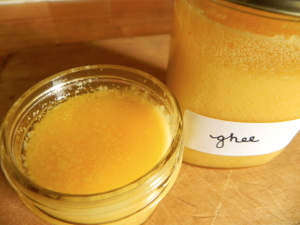
Acids – vinegar, lemon, or lime juice
Pickled foods – kim chi, sauerkraut, or pickled ginger
Spices – cinnamon, turmeric, or fenugreek
Antioxidants – blueberries, kale, or spinach
Protein – meat or eggs
The Worst Way to Intake Carbs
Ingesting carbs in liquid form is the worst way to take in carbohydrates. Avoid all sports drinks, sodas, fruit juices, milk, and anything with added sugar. The only exception is post-high-intensity workouts for those with a large amount of muscle mass and very little body fat. These individuals need to replenish their muscle glycogen in such large amounts that sometimes this is 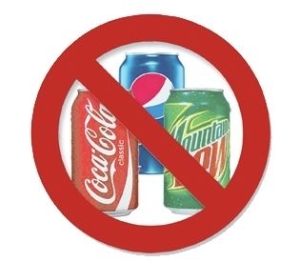 the only way. For the rest of us, liquid carbohydrate intake is devastating to our metabolism. The major insulin spike that all liquid carbs create is the fastest route to both diabetes and obesity. Your brain does not register those liquid carbs as calories, resulting in no reduction of hunger. This means you can drink 600 calories, but your brain will not communicate that you should eat less.
the only way. For the rest of us, liquid carbohydrate intake is devastating to our metabolism. The major insulin spike that all liquid carbs create is the fastest route to both diabetes and obesity. Your brain does not register those liquid carbs as calories, resulting in no reduction of hunger. This means you can drink 600 calories, but your brain will not communicate that you should eat less.
Just to be clear, NEVER pick up a sweet drink! Drink only unsweetened coffee, tea, and water.
Contact us if you want to learn more about how to maximize your metabolism and eat properly.

Dr. Daryl Rich, DC, CSCS, ART®

